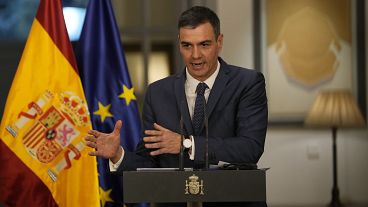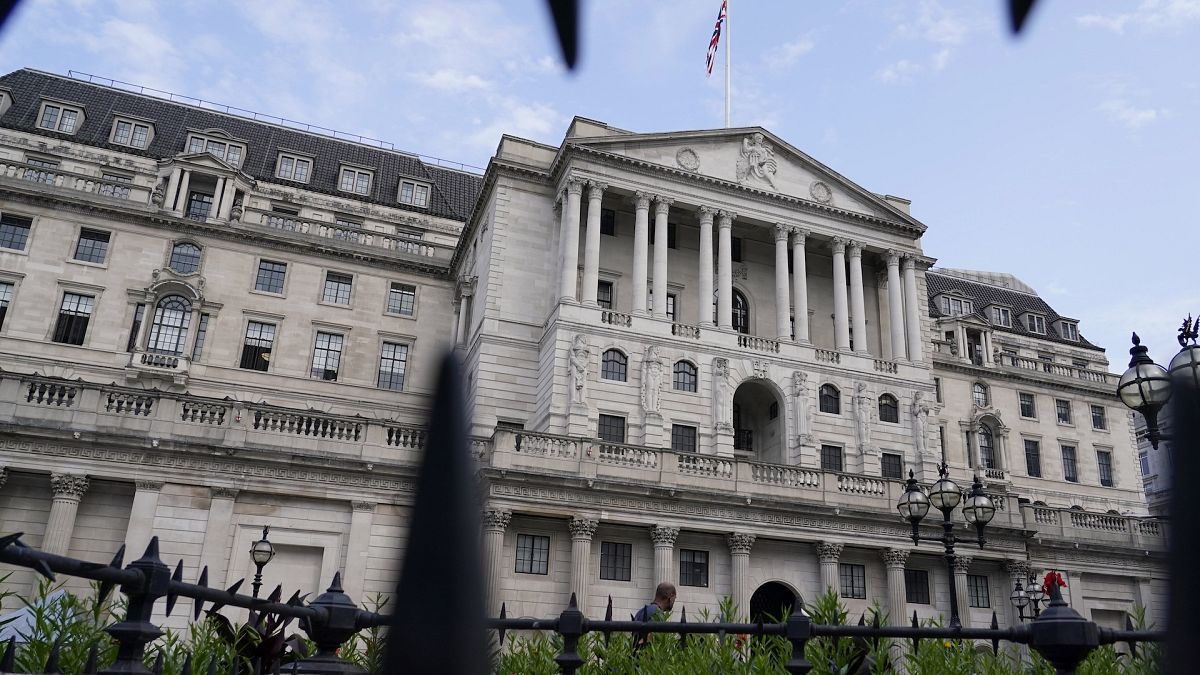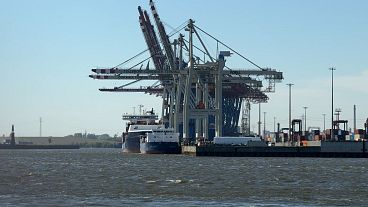The Bank of England cut interest rates by 0.25% to 5% with a narrow 5-4 vote, as inflation met the 2% target. This decision caused the British pound to weaken and led to a slight rebound in UK equities.
The Bank of England cut interest rates at its August meeting for the first time since March 2020, reducing the Bank Rate by 0.25 percentage points to 5%. This decision marks the first adjustment after a year of stable rates and comes amid signs of easing inflationary pressures.
Close vote split reflects divided opinions
The rate cut decision was narrowly passed with a 5-4 vote among policymakers.
The thin majority favouring the cut included Governor Andrew Bailey, along with Swati Dhingra, Dave Ramsden, Sarah Breeden, and Clare Lombardelli. Those opposing the reduction were Huw Pill, Catherine Mann, Jonathan Haskel, and Megan Green, indicating a significant divide within the committee over the appropriate monetary policy stance.
Inflation and economic outlook
The decision to cut interest rates was driven by the ongoing decline in price pressures. The headline inflation rate remained steady at 2% year-on-year in June 2024, consistent with May figures and marking the lowest levels since 2021. Core inflation, which excludes volatile energy and food prices, held at 3.5% for the second consecutive month, the lowest since October 2021.
According to the Bank of England's statement, the restrictive stance of monetary policy continues to weigh on economic activity, resulting in a softer labour market and reducing inflationary pressures.
The Monetary Policy Committee anticipates that the decline in headline inflation, along with normalising inflation expectations, will lead to weaker pay and price-setting dynamics. As GDP falls below its potential and the labour market continues to ease, a margin of slack is expected to emerge in the economy.
However, there is a risk that inflationary pressures from second-round effects could persist in the medium term.
Regarding the Consumer Price Index forecasts, the Bank of England projects a median expectation of 2.4% in one year, down from 2.6% in March. The forecast for the two-year horizon is 1.7%, down from 1.9% in March, and 1.5% for the three-year horizon.
Despite these projections, the Bank has not provided explicit guidance on future rate paths. It emphasises that monetary policy needs to remain restrictive for a sufficiently long period to mitigate the risks of inflation returning above the 2% target in the medium term. The Committee will decide on the appropriate degree of monetary policy restrictiveness at each meeting while closely monitoring inflation persistence.
Market reactions: Pound falls, UK equities rebound
Following the Bank of England's announcement, the British pound fell sharply, declining by 0.74% to 1.2760 against the US dollar, marking the largest one-day drop since April. The pound also fell by more than 0.6% against the Japanese yen, reaching a four-month low.
The euro gained 0.4% against the pound, breaking above the resistance from its 200-day moving average.
Gilt yields experienced a drop, particularly in shorter-dated securities, with the two-year gilt yield decreasing by 5 basis points to 3.76%, returning to levels seen in May 2023.
UK equities reacted positively to the rate cut, with the FTSE 100 index rising 0.2% as investors welcomed the lower cost of borrowing for British corporations.
Rolls-Royce and Next emerged as top performers, rising 11% and 8%, respectively, after revising their guidance upwards due to strong quarterly results. Rolls-Royce also announced plans to reinstate dividends next year.
Despite raising its net interest income guidance for 2024 and announcing a £750 million (€888 million) share buyback, Barclays saw its shares fall 0.8% following second-quarter earnings that exceeded expectations.
Meanwhile, Shell's stock rose about 1.9% amid a £2.7 billion (€3.2 billion) buyback plan, even though profits declined compared to the previous quarter due to lower gas prices. Conversely, Schroders faced a substantial drop, with shares falling more than 6% after its interim results failed to meet investor expectations.
The Bank of England's rate cut signals a response to moderating inflation and economic conditions, but it remains cautious with its forward guidance, leaving the door open for future adjustments based on evolving data.















